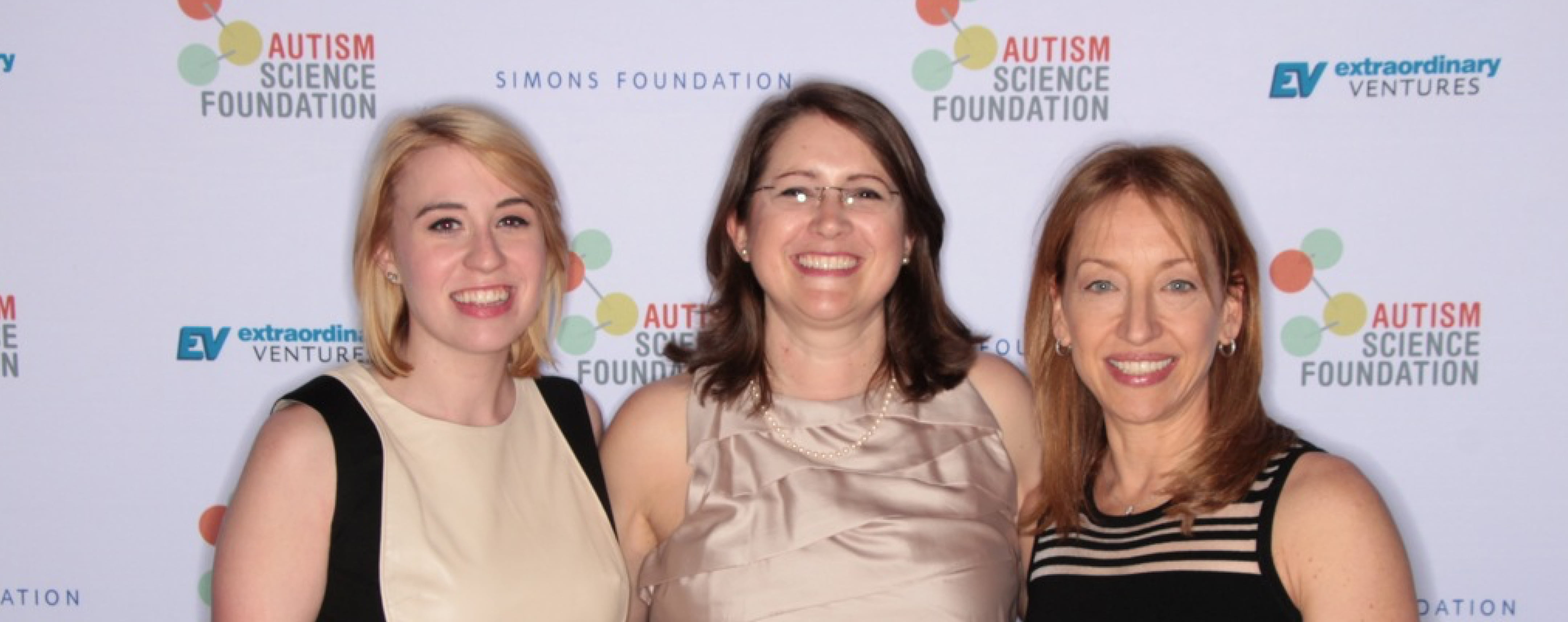Race, disability, and grade: Social relationships in children with autism spectrum disorders
Race is associated with social relationships among typically developing children; however, studies rarely examine the impact of race on social outcomes for children with autism spectrum disorder. This study examined how race (African American, Latino, Asian, or White) in conjunction with disability status (autism spectrum disorders or typically developing) and grade (grades K-2 or 3-5) affects friendships and social networks. The sample comprises 85 children with autism spectrum disorders and 85 typically developing controls matched on race, gender, age/grade, and classroom (wherever possible). Race, disability, and grade each had an independent effect on friendship nominations, and there was an interaction among the three variables. Specifically, children with autism spectrum disorders who were African American or Latino in the upper elementary grades received fewer friendship nominations than typically developing White children in the lower elementary grades. Only the presence of autism spectrum disorders was associated with social network centrality. Our results also suggested that Latino children with autism spectrum disorders in the upper elementary grades were at the highest risk of social isolation. Implications for re-conceptualizing social skills interventions are discussed.
Keywords: autism; autism spectrum disorders; friendship; race; social network; social relationships.

